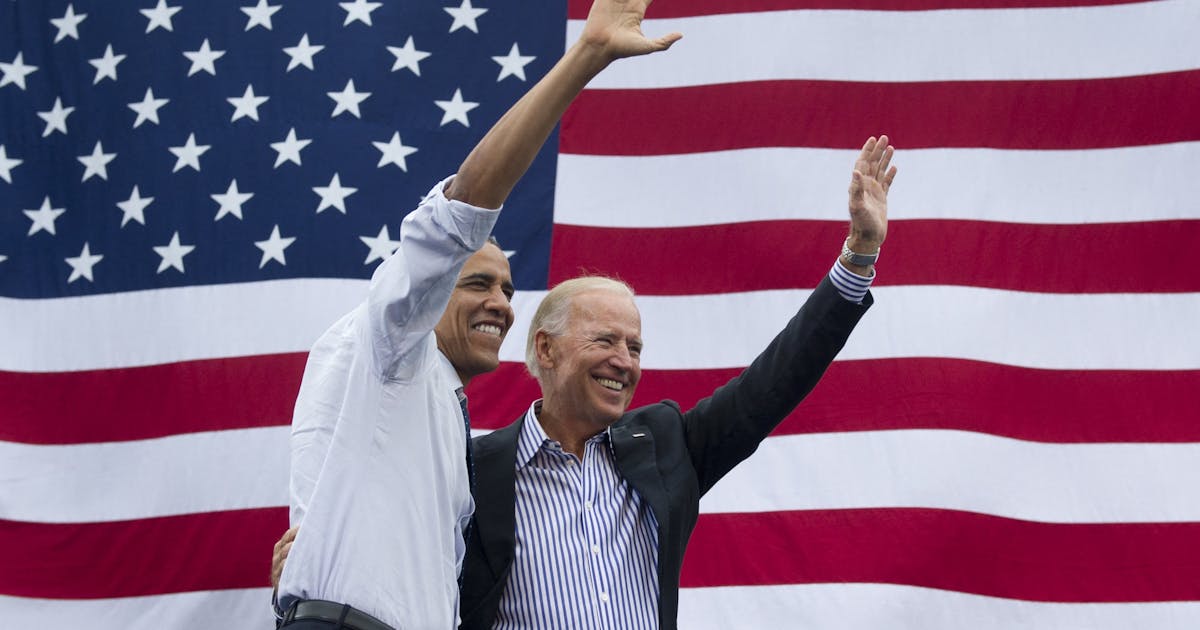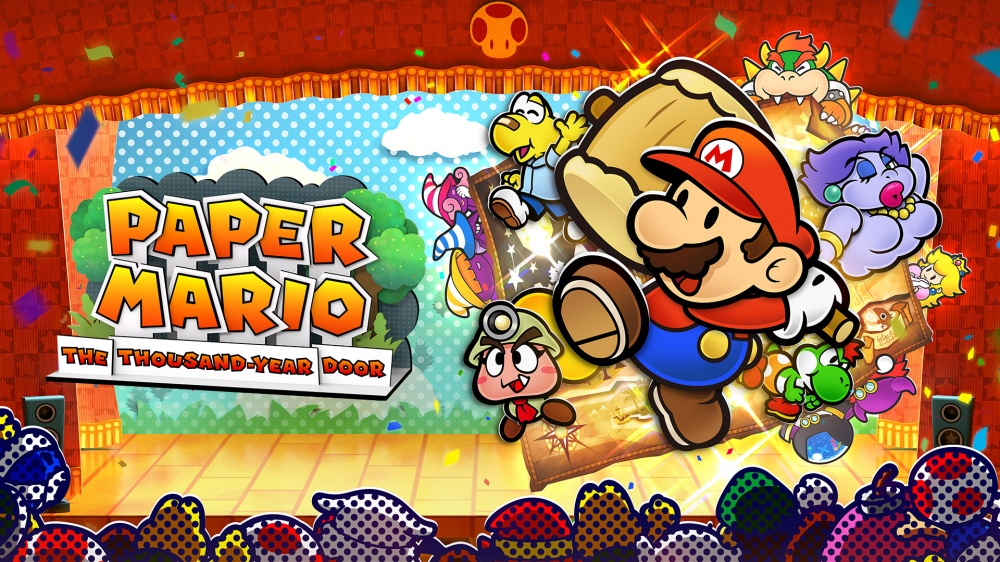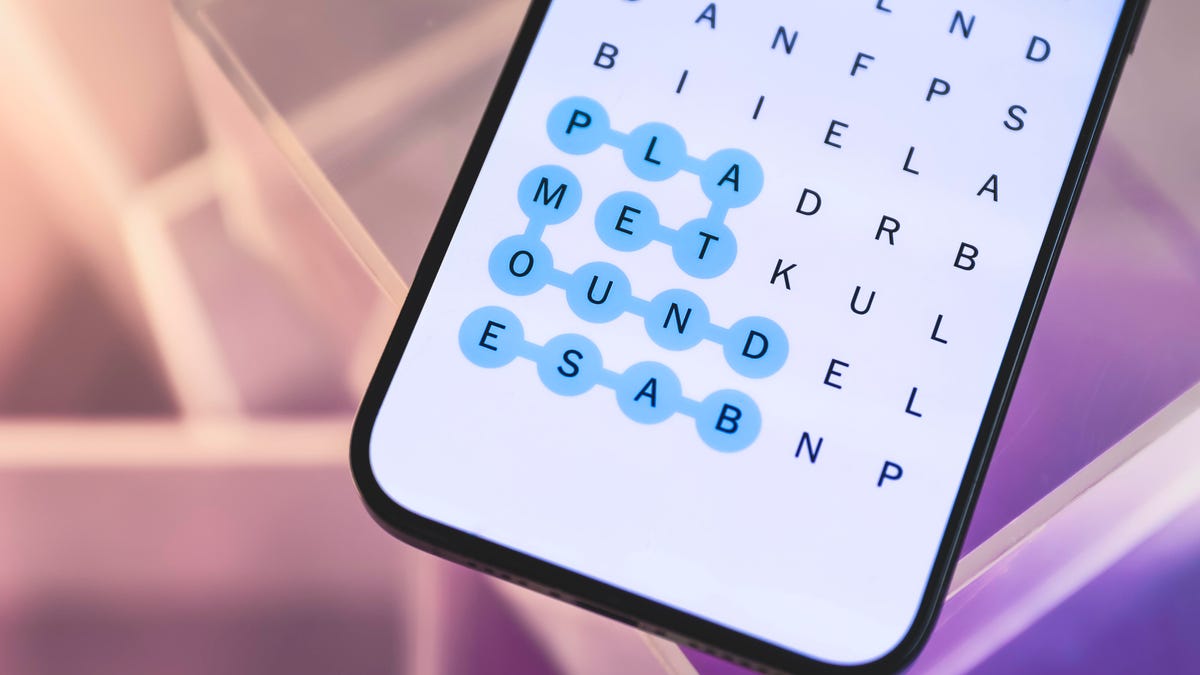Most of us are familiar with these kinds of patriotic formulations. And yet to many young people, they don’t quite register. Because many of us in Gen Z gained political consciousness just after the Obama years, we don’t actually know what a compelling liberal patriotism sounds like. Indeed, when we listen to the current presidential candidates, we don’t know what a compelling anything sounds like. Patriotism found no voice on last week’s debate stage, amidst the bungled statistics, wild lies, and general incomprehensibility. How, we ask, could anyone feel patriotic after that?
To many of us college students, the word itself reeks of antiquity, stuffiness, colonialism—even of political incorrectness, as Gore Vidal wrote in The Nation in 1991: “Patria-pater-father. So where is Mom? Didn’t she help Dad turn the American wilderness into a cement desert bright with golden arches?” Plus, when many of the most daunting problems we face threaten not just the nation but the globe, it seems our solutions should be articulated not in patriotic terms but in planetary ones. The word seems to have no use for us anymore. It is empty, the tool of politicians, the joke the Howard Zinn reader gets. You can’t trick us with your grand gesturing, we think. Paul Revere belongs to your nostalgia, not ours. America the Beautiful? Please. We’ve been to Europe on our semesters abroad, and the lifestyle is very much elevated.
Pollitt asked, in that same essay, “What has flag-waving ever done for us in the end?” If flag-waving refers to the insurrectionist impulse or Kid Rock concerts or the new wave of self-declared Christian Nationalists like Charlie Kirk, then Pollitt is of course correct. But if flag-waving means appealing to the American creed in service of justice or peace or equality—criticizing the country while calling on its “better angels”—then the question seems to belittle everything from Frederick Douglass’s “What to the Slave is the Fourth of July?” to Jimi Hendrix’s infamous Woodstock rendition of “The Star-Spangled Banner.” (For an example of patriotic protest that involves a Gen Z artist, see Olivia Rodrigo’s unapologetic response to the overturning of Roe v. Wade.) Reasonable people would not equate all the above examples, nor would they doubt the basic sincerity of Douglass when he spoke of the “great principles” of the Declaration, or of Hendrix when he said that he thought his rendition was “beautiful” in response to claims that it was offensive.


